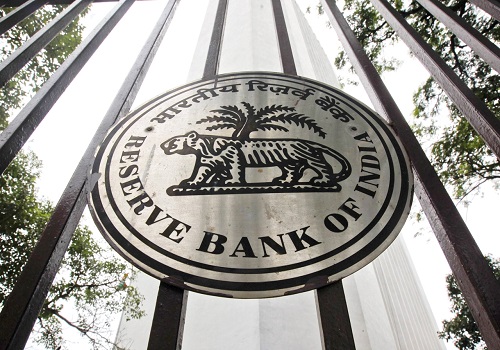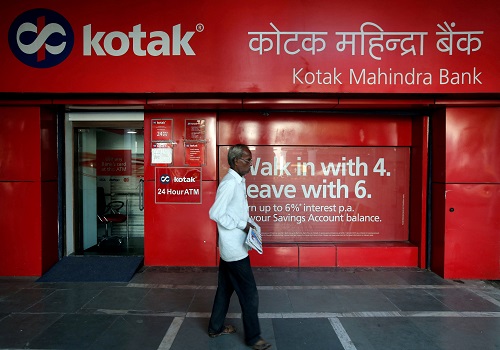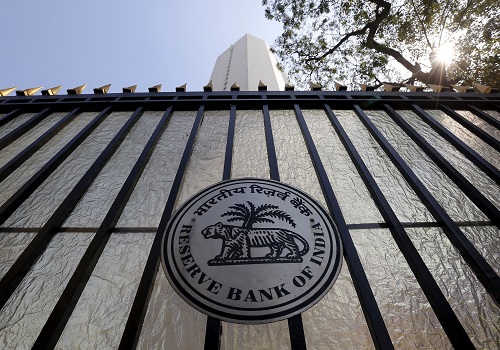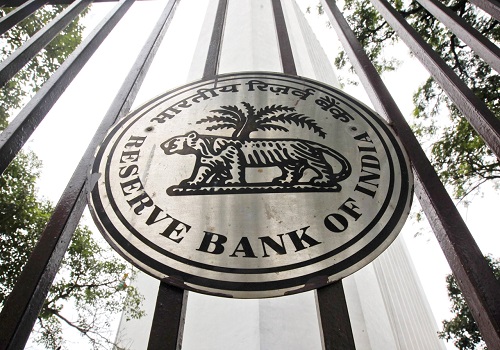Bank’s GNPAs ratio may increase to 9.8% by March 2022: RBI FSR
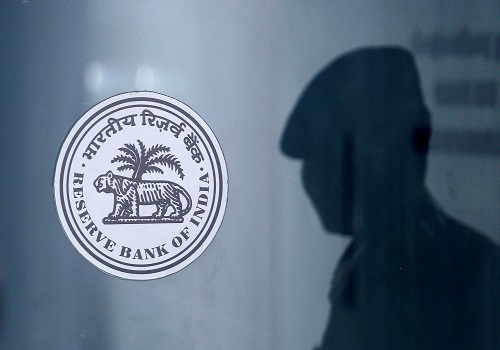
Follow us Now on Telegram ! Get daily 10 - 12 important updates on Business, Finance and Investment. Join our Telegram Channel
The Financial Stability Report (FSR) released by the Reserve Bank of India (RBI) has said that the gross non-performing assets (GNPAs) ratio of banks may increase to 9.8 percent by March 2022 from 7.48 percent in March 2021 under a baseline scenario. Under a severe stress scenario, GNPA of banks may increase to 11.22 percent. It, however, said that banks have sufficient capital, both at the aggregate and individual level, even under stress.
The latest report said within the bank groups, public sector banks' (PSBs') GNPA ratio of 9.54 percent in March 2021 edging up to 12.52 percent by March 2022 under the baseline scenario is an improvement over earlier expectations and indicative of pandemic proofing by regulatory support. For private sector banks (PVBs) and foreign banks (FBs), the transition of the GNPA ratio from baseline to medium to severe stress is from 5.82 percent to 6.04 percent to 6.46 percent, and from 4.90 percent to 5.35 percent to 5.97 percent, respectively. Under the baseline and the two stress scenarios, the system level CRAR (capital to risk assets ratio) holds up well, moderating by 30 basis points (bps) between March 2021 and March 2022 under the baseline scenario and by 130 bps and 256 bps, respectively, under the two stress scenarios. All 46 banks would be able to maintain CRAR well above the regulatory minimum of 9 percent as of March 2022 even in the worst-case scenario.
The report further said the common equity Tier I (CET-1) capital ratio of banks may decline from 12.78 percent in March 2021 to 12.58 percent in March 2022, under the baseline scenario. It would further fall to 11.76 percent and 10.73 percent, respectively, under the medium and severe stress scenarios by March 2022. The report said COVID-19 has increased the risks to financial stability, especially when the unprecedented measures taken to mitigate the pandemic's destruction are normalised and rolled back.












 320-x-100_uti_gold.jpg" alt="Advertisement">
320-x-100_uti_gold.jpg" alt="Advertisement">



